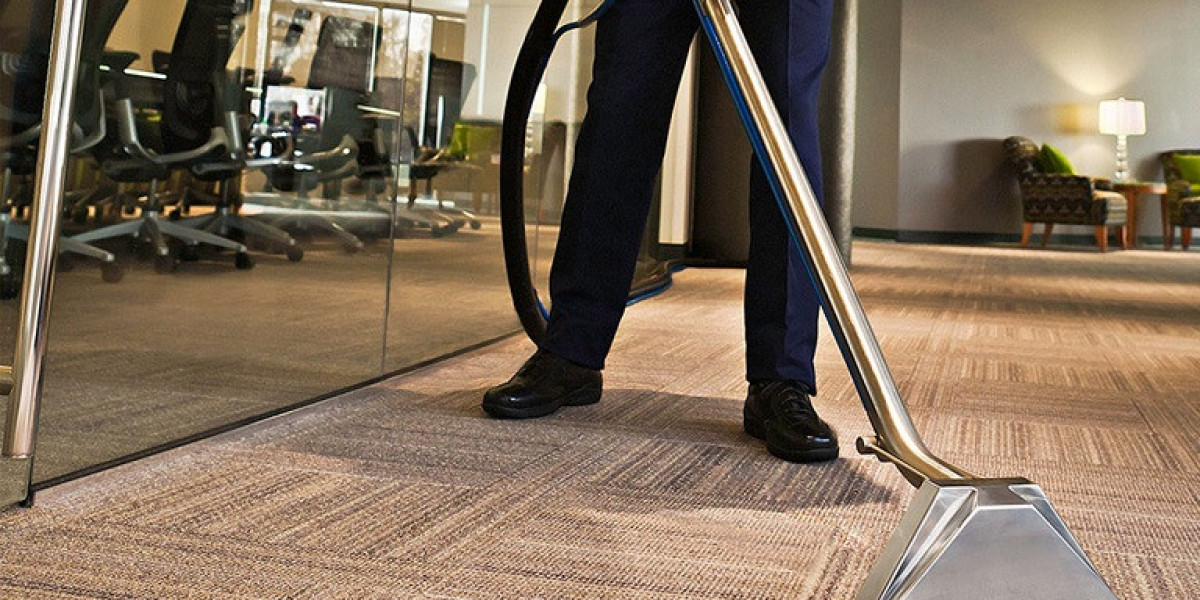Introduction
Watching a loved one struggle with joint pain can be worrying. Sometimes it is easy to dismiss stiffness or aches as a normal part of ageing.
However, persistent discomfort, limited mobility, or unusual swelling may signal something more serious. Recognising these signs early is crucial for timely intervention.
Families often find themselves asking where to turn for help, and choosing the best hospital for joint replacement can make a meaningful difference in outcomes.
Understanding Normal Ageing vs. Serious Joint Problems
Ageing naturally brings some changes in joints. Mild stiffness in the morning or minor aches after activity are often normal.
Serious joint issues, however, go beyond temporary discomfort. They may indicate conditions such as osteoarthritis, rheumatoid arthritis, or other degenerative disorders that require medical attention.
Key differences families should notice include the intensity, frequency, and duration of pain, as well as limitations in daily activities.
Signs Your Loved One May Need Professional Evaluation
Families can observe several warning signs that suggest a joint problem requires more than home care:
Persistent Pain: Pain that continues for weeks or months, even at rest, is concerning.
Swelling or Redness: Inflamed joints may indicate underlying inflammation or damage.
Limited Mobility: Difficulty performing daily tasks like climbing stairs or walking short distances.
Joint Deformity: Visible changes in joint shape or alignment.
Frequent Instability: Knees or hips giving way or locking unexpectedly.
Noticing one or more of these signs should prompt a professional evaluation. Early intervention can prevent further damage and improve long-term mobility.
When Families Should Consider the Best Hospital for Joint Replacement
Choosing the right hospital is a critical decision, especially when surgery may be necessary. Families often face confusion due to the many options available.
Here are essential factors to consider:
Specialised Orthopaedic Expertise
Look for hospitals with highly trained joint replacement surgeons who have extensive experience. Expert surgeons improve outcomes and recovery times.Comprehensive Care Facilities
A hospital offering multidisciplinary support, including physiotherapy, nursing care, and pain management, ensures a smoother recovery.State-of-the-Art Technology
Advanced diagnostic tools and surgical equipment enhance precision and reduce complications during joint replacement procedures.Patient-Centered Approach
Hospitals that focus on patient comfort, family involvement, and personalised care often provide a more positive experience for both the patient and their loved ones.Proven Success Rates
Reviewing success statistics and patient testimonials can give families confidence in the hospital’s track record.
Considering these factors helps families make an informed choice about the best hospital for joint replacement for their loved one.
Supporting Your Loved One at Home
Recovery and rehabilitation are as important as surgery itself. Families can play a vital role in supporting mobility and ensuring adherence to physiotherapy routines.
Simple steps include creating a safe home environment, encouraging gentle exercise, and maintaining regular check-ups. Emotional support is equally important, as joint problems can affect confidence and independence.
Preventing Further Joint Damage
Beyond medical care, families can help prevent progression of joint problems by promoting:
Healthy Weight Management to reduce joint stress
Balanced Nutrition to support bone and cartilage health
Regular Low-Impact Exercise such as walking or swimming
Monitoring Pain and Function to catch any new issues early
Early attention to these factors, combined with professional care, can improve long-term quality of life.
Conclusion
Determining whether joint pain is normal ageing or a sign of a serious problem is not always straightforward. Observing persistent pain, mobility limitations, or swelling is essential. Families must seek timely advice and consider the best hospital for joint replacement to ensure safe and effective care.
At Soundarapandian Bone and Joint Hospital, we are committed to providing world-class healthcare with the warmth and compassion of a family-run institution. Guided by a tradition of care, our highly skilled Orthopaedic surgeons and our dedicated team work together to ensure that every patient receives personalised treatment. We combine the latest in cutting-edge technology with a deep sense of empathy and ethics, striving for excellence in orthopaedics while fostering a welcoming, supportive environment for all.
FAQs:
1. How do I know if my parent’s joint pain is serious?
Persistent pain, swelling, limited mobility, or joint deformities are key signs that require evaluation by an orthopaedic specialist.
2. Can joint pain in older adults be treated without surgery?
Mild cases may benefit from physiotherapy, medications, or lifestyle changes. However, severe degeneration may require joint replacement surgery.
3. What should I look for in the best hospital for joint replacement?
Look for specialised surgeons, comprehensive care facilities, state-of-the-art technology, patient-centered approach, and proven success rates.
4. How soon should we consult a hospital if pain persists?
If pain or limited mobility continues for more than a few weeks despite home care, it is wise to seek professional evaluation promptly.
5. Is joint replacement safe for elderly patients?
Yes, when performed in hospitals with experienced surgeons and proper support facilities, joint replacement is generally safe and can significantly improve quality of life.














